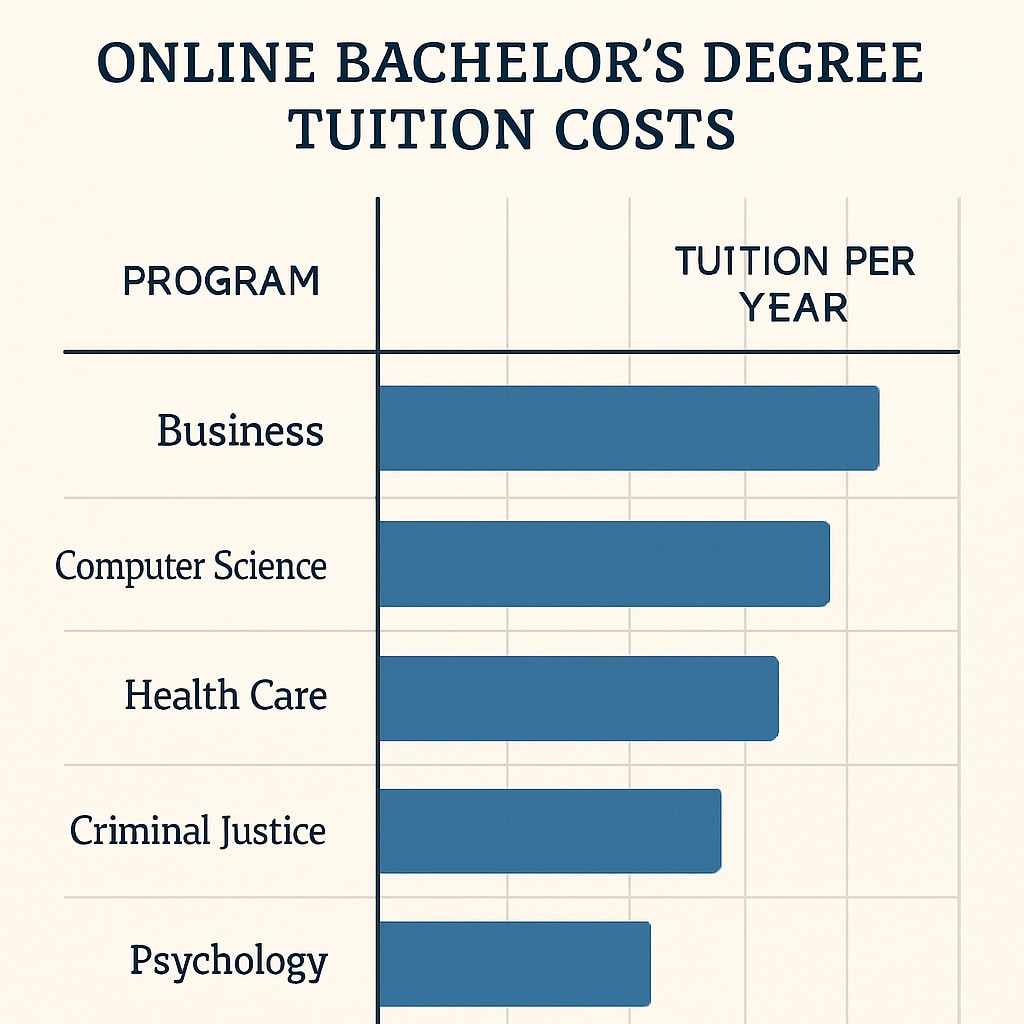In today’s fast-paced world, finding affordable online bachelor’s degree programs tailored for busy professionals is essential. Balancing the demands of work, family, and personal growth while pursuing higher education is a challenge many face. This article offers insights into how professionals can choose cost-effective and high-quality online degree options without compromising their financial stability or career goals.
Why Choose an Online Bachelor’s Degree?
The flexibility of online bachelor’s degree programs is one of their greatest advantages. Unlike traditional on-campus education, online learning allows students to study at their own pace, accommodating work schedules, family responsibilities, and other commitments. For busy professionals, this flexibility is invaluable. Additionally, many online programs offer lower tuition fees compared to their on-campus counterparts, making them a cost-effective choice for those looking to advance their education while managing financial constraints.

Features of Affordable Online Bachelor’s Degree Programs
When searching for affordable online bachelor’s degree programs, professionals should focus on several key features:
- Accreditation: Ensure the program is accredited by a recognized agency to guarantee educational quality.
- Cost Transparency: Look for programs with clear and upfront tuition fees, avoiding hidden costs.
- Flexibility: Choose programs that offer asynchronous courses, allowing students to study at their convenience.
- Career Support: Opt for institutions that provide career counseling, job placement services, and access to alumni networks.
For example, reputable institutions like University of Phoenix and Southern New Hampshire University offer online programs that meet these criteria, catering specifically to the needs of working professionals.

How to Balance Costs and Quality
While affordability is a key factor, professionals must also consider the quality of education offered. Here are some strategies to achieve a balance:
- Scholarships and Grants: Many institutions provide financial aid options specifically for online learners.
- Employer Tuition Reimbursement: Check if your employer offers tuition assistance programs for employees pursuing higher education.
- Part-Time Enrollment: Enrolling part-time can reduce the financial burden while allowing students to maintain their work commitments.
- Open Educational Resources (OER): Utilize free or low-cost learning materials provided by institutions to save on textbook expenses.
Additionally, platforms like LinkedIn Learning and Coursera offer certificates and micro-credentials that complement degree programs, enhancing students’ knowledge and skills in a cost-effective manner.
Readability guidance: Use concise paragraphs and bullet points to highlight key takeaways. Limit passive voice and ensure smooth transitions between sections. Include examples and external links for credibility, ensuring readers can explore additional resources.


